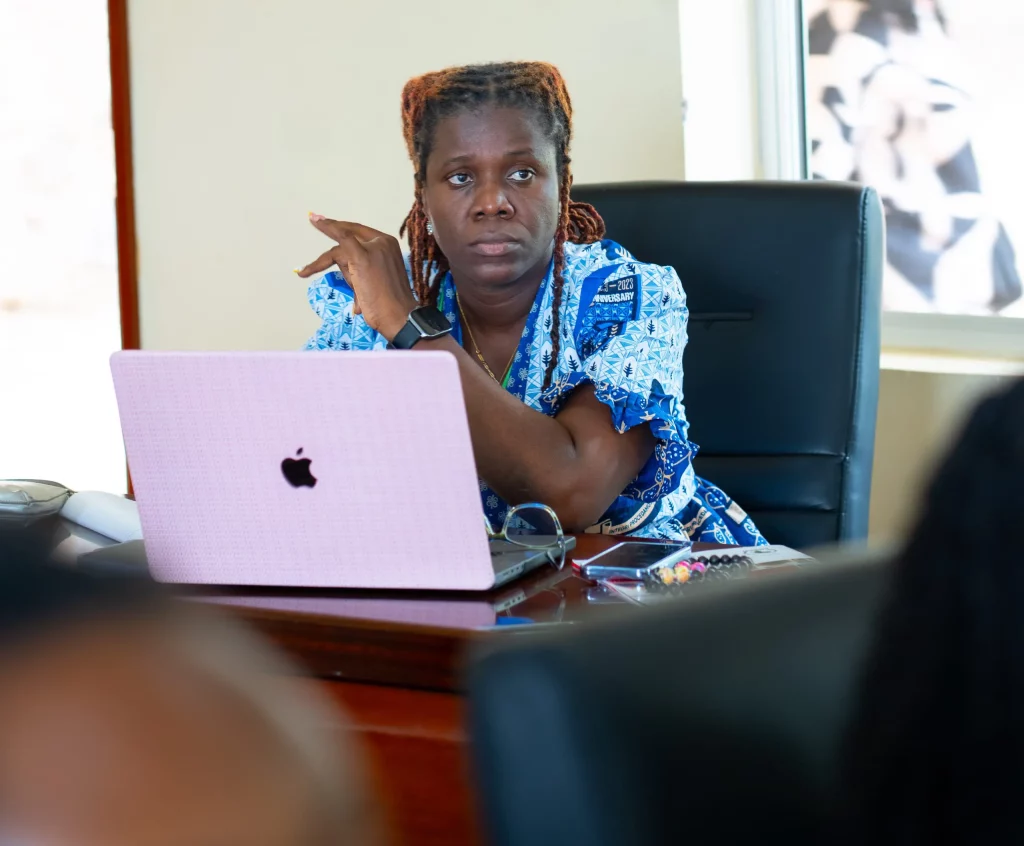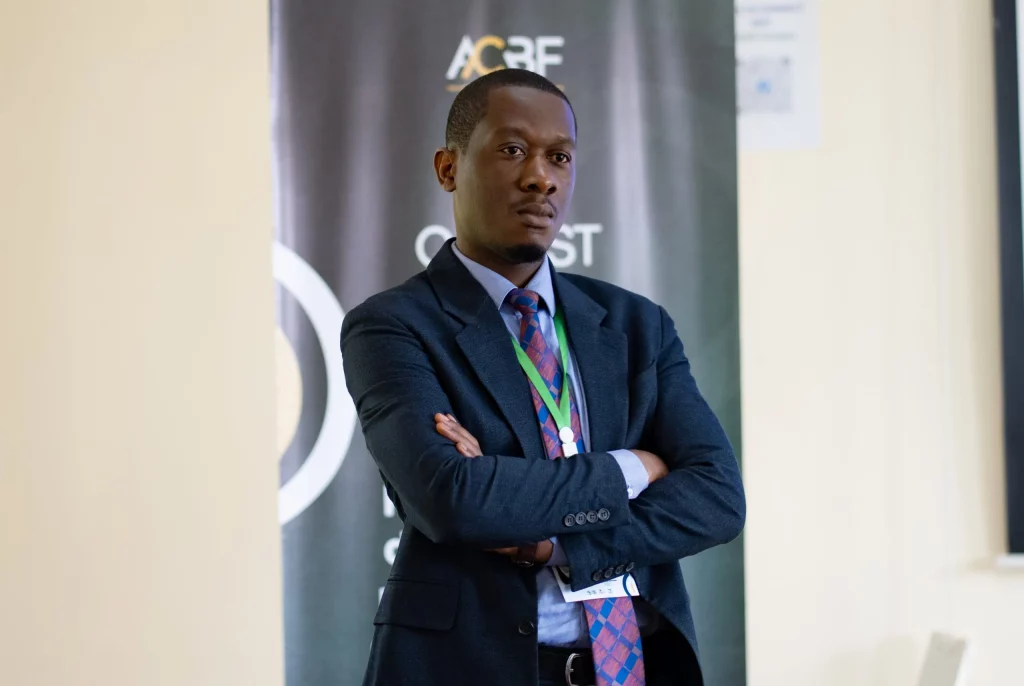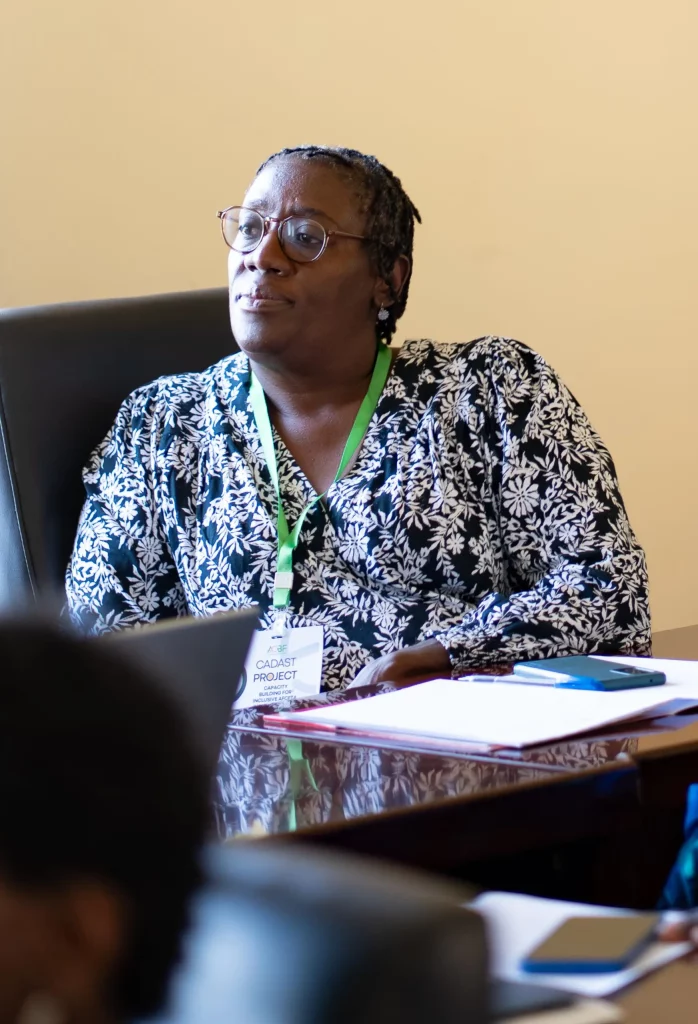Twenty civil society actors, including youth and women-led organizations, have completed hands-on training under the Capacity Development for Africa’s Structural Transformation (CADAST) project, implemented by the African Capacity Building Foundation (ACBF) with funding from the African Development Bank (AfDB).
The CADAST program supports civil society organizations, women, and youth to take a more active role in the AfCFTA implementation.
The workshop, organized by ACBF in collaboration with Eastern and Southern African Management Institute (ESAMI)’s Trade Policy Training Centre in Africa (TRAPCA), equipped participants with concrete action plans to implement AfCFTA on the ground.
Held at the ESAMI-Trapca campus in Arusha, Tanzania, from Oct. 13 to 17, the training mixed technical sessions with real-world site visits and strategy development.
Participants came from 10 African countries, including Benin, Burundi, Comoros, the Democratic Republic of Congo, Ghana, Malawi, Rwanda, Sierra Leone, Togo, and Zimbabwe.
Each participant now carries a national plan to tackle the gap between trade policy and the communities most affected by it.
From learning to leading
The highlight for many was the field visit to the Namanga one-stop border post between Kenya and Tanzania. Mawulawoe Awity, Executive Director of the Network of Women in Growth from Ghana, said it expanded her thinking.
Interacting with other nationalities and getting to know that the problems we face in Ghana are similar to the same challenges that they are facing has opened up my mind and broadened my scope in terms of the solutions that we can come up with,
I was highly impressed when we visited the Namanga one-stop post border, and I saw the kind of integration that Kenya and Tanzania have at the post. I think it’s something that we can implement in Ghana, and it’s one of the things I would advocate for
Mawulawoe Awity
Executive Director of the Network of Women in Growth from Ghana

Awity plans to increase gender sensitization and awareness among women traders on both the challenges and opportunities of cross-border trade.
Putting action at the center
Aganze Namegabe Christian, an independent consultant and researcher from the Democratic Republic of the Congo, stated that the training provided participants with practical tools to raise awareness about the African Continental Free Trade Agreement and its benefits.

I am convinced that, from the beginning of this program, it will allow us to use the data collection methods we have learned to achieve widespread awareness
Aganze Namegabe Christian
An independent consultant and researcher from the Democratic Republic of the Congo
He emphasized the importance of staying connected to those most affected by the agreement, including civil society groups, women, youth and small businesses. “Above all,” he said, “we must be very close to key players, especially in the context of these projects.”
His focus moving forward is to ensure the implementation of AfCFTA remains inclusive at all levels. “This agreement is capital for the continent,” he added.
Bridging the knowledge gap
Mary Frances Malunga, chairperson of the Alliance of Female Cross Border Traders Association from Malawi, emphasized the necessity of grassroots knowledge about AfCFTA.
Her organization works to economically and socially transform the lives of female cross-border traders in Southern Africa.
We have noted that a lot of these groups don’t have the knowledge or the know-how for export, so under the project, we are going to provide them with training and export readiness,
Mary Frances Malunga
chairperson of the Alliance of Female Cross Border Traders Association from Malawi

Malunga said her team will focus on digital trade skills, onboarding to e-commerce platforms and spreading awareness of AfCFTA protocols to underserved groups, including women with disabilities and young traders.
Local advocacy with policy impact
From Comoros, Binti Mhadjou made a strong commitment to both awareness and advocacy.
I commit to raising awareness among stakeholders, including civil society, youth and economic operators. I also plan to advocate with national authorities so that this mechanism can be adapted to the realities of my country
Binti Mhadjou
She plans to act as a liaison between policymakers and communities, making the AfCFTA real and relevant by aligning it with national laws and priorities. The in-person training marked the final stage of months-long capacity-building journey that included webinars, online courses and regional knowledge sharing. This final phase focused on implementation.
Participants developed monitoring frameworks, mapped sector opportunities, engaged in field visits and created concrete plans to lead national rollouts in their home countries. On the final day, they presented their strategies and committed to returning home not just as graduates but as local trainers, advocates and leaders/facilitators.
Each will lead step-down activities in the next 60 days, creating ripple effects that extend beyond this training.
Executive Director of the Network of Women in Growth from Ghana
Dans ces vidéos de témoignages, les participants ont partagé leurs réflexions sur la valeur du dialogue et les leçons tirées de la collaboration entre pairs :





















